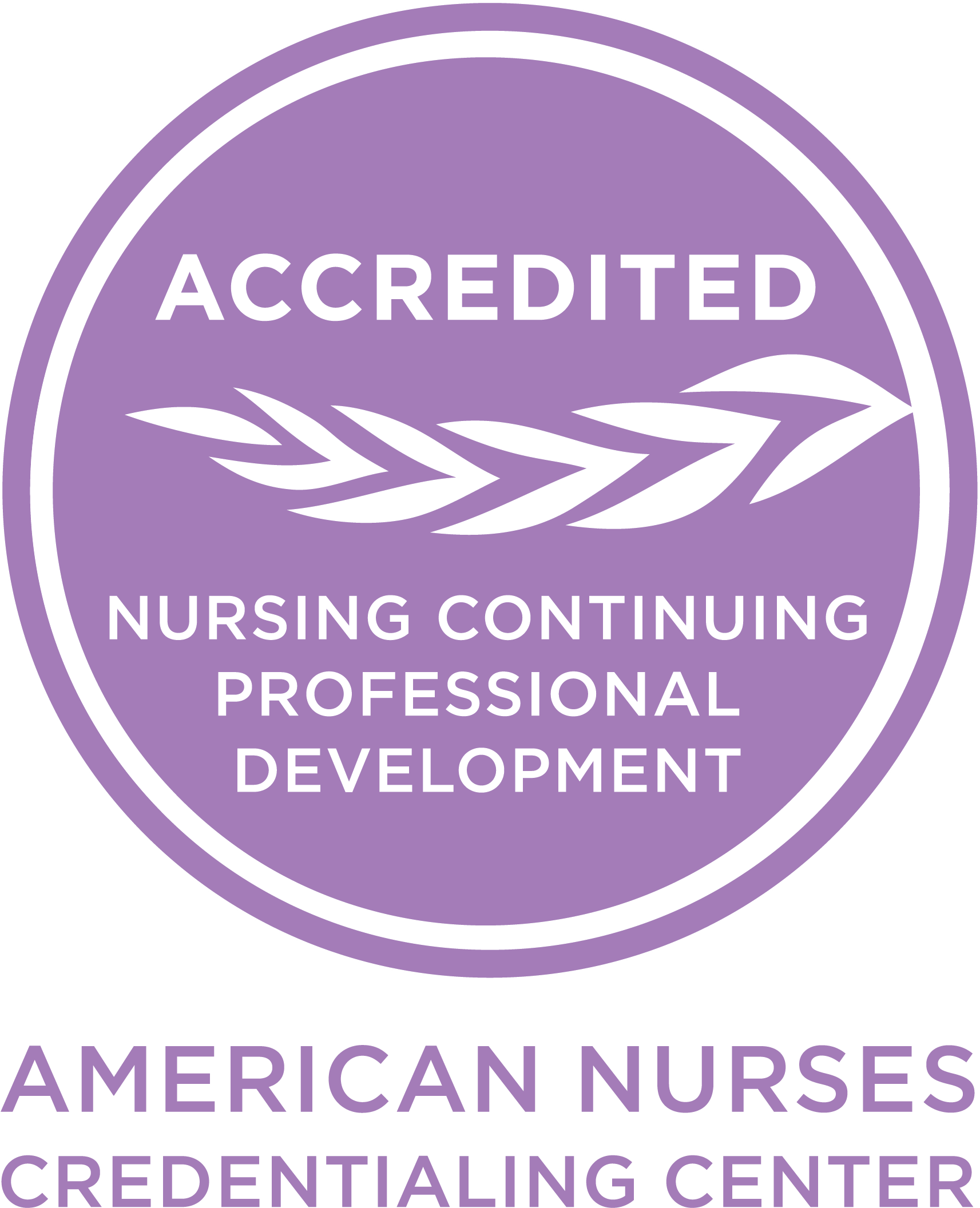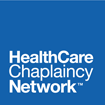Cultural Competence, Inclusion, Vulnerable Populations
Course Author: Sue Wintz, M.Div., BCC
Self-Guided
All healthcare professionals encounter diversity when caring for patients and their families. This course is designed for providers from all disciplines. It will address cultural competence, including self-awareness and effective ways to assess, document, and provide interventions so that persons’ beliefs, values, and practices are integrated into their plan of care. It also discusses the needs of vulnerable patient populations including persons who are non-resident aliens, LGBTQ+, homeless, incarcerated, low health literate, and mentally challenged.
Learning Objectives
- Define cultural competency and cultural humility in health care.
- Engage in self-awareness of and the ability to articulate one’s own cultural values, beliefs, assumptions, and biases and is able to set those aside in order to assess for, document, and provide interventions to patients and families.
- Receive basic knowledge of different religious traditions and common beliefs and practices.
- Receive basic knowledge of different cultural groups and common beliefs and practices.
- Identify methods to employ in order to obtain knowledge on unfamiliar cultures, religious/spiritual beliefs, or existential norms.
- Define inclusion in health care.
- Identify ways to assess, document, and include in a care plan appropriate spiritual/religious interventions for cross-cultural situations, including them in documentation.
- Describe the importance of identifying the unique spiritual/cultural/religious beliefs within vulnerable patient populations (including non-resident aliens, LGBTQ+, homeless, incarcerated, low health literacy/illiterate, mentally challenged, severely disabled).
Course Outline
- Cultural Competence in Health Care
- Cultural Humility
- Religious and Cultural Traditions: Common Beliefs and Practices: Methods to Obtain Knowledge
- Inclusion in Health Care and Vulnerable Populations
- Cultural and Inclusion Issues in Practice
- Summary
- References
Number of Continuing Education Hours for Spiritual Care for Nurses: 27.7

The Spiritual Care Association Nursing Division is accredited as a provider of nursing professional development by the American Nurses Credentialing Center’s Commission on Accreditation.

